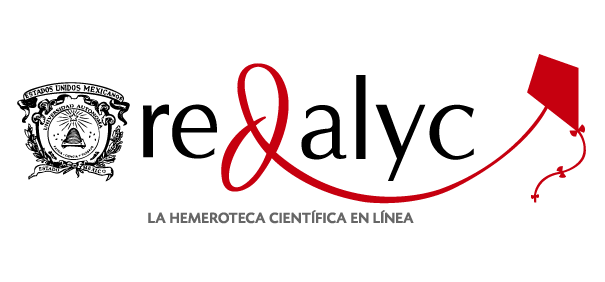Boundary crossing and learning: A study on job rotation (English)
DOI:
https://doi.org/10.12712/rpca.v12i4.12616Resumo
The purpose of this study was to understand how individuals experience learning in the workplace, and shed light on possible factors that may contribute to an environment conducive to learning in organizations. A phenomenographic approach was chosen with the intention to capture the variation in individuals’ learning conceptions. The findings revealed three conceptions of learning: Learning resulting in individual change; learning resulting in collective practice (routine) change; and learning resulting in innovation. Those conceptions were explained by five explanatory dimensions: learning concept; learning drivers; learning content; learning means; learning obstacles; and learning meanings. The unveiling of how different learning experiences generate different levels of impacts on organizations and the proposal of some ways to enhance the transit from less complex learning experiences to more complex ones are the main contribution of this paper. (English)
Downloads
Downloads
Publicado
Edição
Seção
Licença
Os autores mantêm os direitos autorais e concedem à revista o direito de primeira publicação, com o trabalho simultaneamente licenciado sob a Creative Commons Attribution License, permitindo o compartilhamento do trabalho com reconhecimento da autoria e publicação inicial nesta revista.
A Revista usa o CC BY. Essa licença permite que outras pessoas distribuam, remixem, adaptem e desenvolvam seu trabalho, mesmo comercialmente, desde que sejam creditadas pela criação original. Essa é a licença mais flexível oferecida. Recomendado para máxima disseminação e uso de materiais licenciados.
Os autores têm autorização para assumir contratos adicionais separadamente, para distribuição não-exclusiva da versão do trabalho publicada nesta revista (ex.: publicar em repositório institucional ou como capítulo de livro), sempre com reconhecimento de autoria e publicação inicial nesta revista.
A Revista ulitiliza o DOI (Digital Object Identifier ) desde 2007 O DOI com a finalidade de autenticar cada artigo, portanto seu conteúdo digital.


